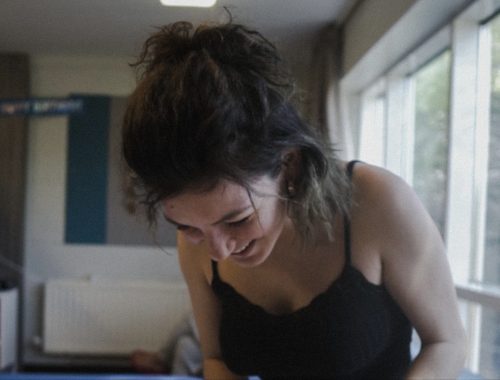Stumbling through an Interview…A Guide.
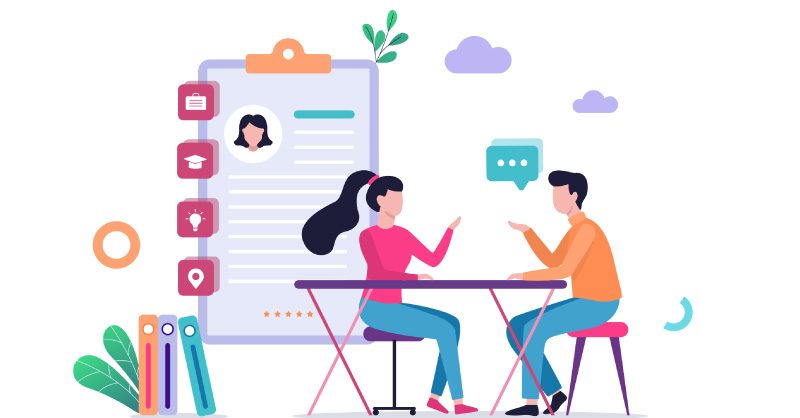
Job interviews are one of the most nerve wracking portions of the job application process. Having only done a handful of interviews in my life, I was not well versed on how to maximise my chances at acing one. As well as that I haven’t done any interviews for any jobs within the film industry, I just about got my one and only film job because I cornered the production manager and asked him for the job (it worked). Nonetheless, I feel like I’m hopeless at interviews, and the simulated group interviews we did in class confirmed my suspicions. And that is that I crumble under the pressure of interviews; but with that, comes a learning experience and some silly mistakes I hope to not repeat. In this blog I will be using the Boud’s Reflective Model I will be reviewing the positives and negatives throughout my simulated interview.
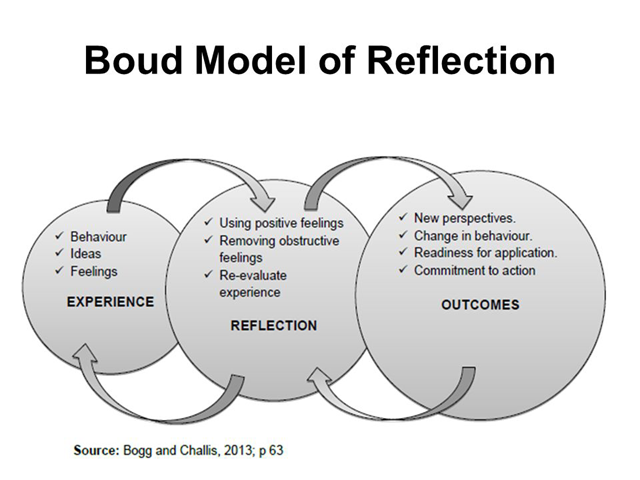
Preparation
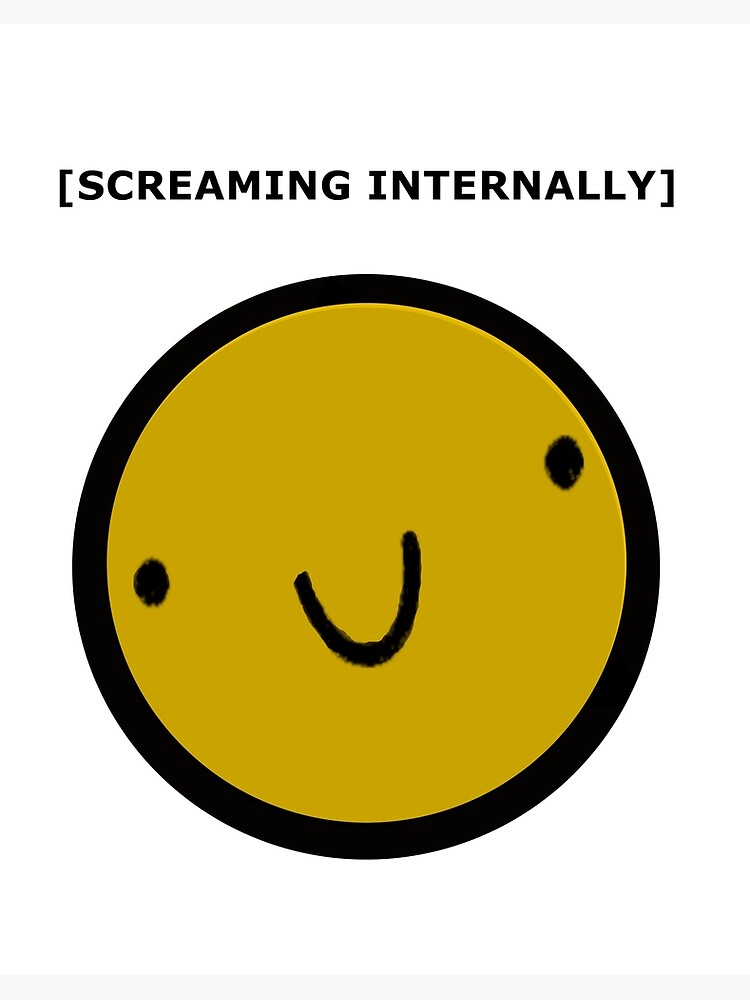
The first thing we had to do to prepare for the interviews was pick a job to be interviewed for. I went for an entry level camera assistant, as I thought that would be the most beneficial job to do a mock interview for. However, I failed to prepare properly for the potential questions that I could be asked in the interview, as I looked through the skills and qualities in the job description and prepared some anecdotal experience, but that was about it. In hindsight, I should have looked through the potential questions on canvas and prepared answers for each category of questions, as when it came around to the interview I was blind sighted by a few of the questions and despite giving a decent answer, failed to compose myself in a professional way and fully forgot how to speak.
The Interview
I’ve always dreaded interviews, which probably hasn’t helped my performance in them, but because this was an in class assignment and I thought I’d prepared, I wasn’t as nervous as usual. It also helped that I wasn’t the first one to be interviewed, one of my peers had added the same job title as me, and she went first. This gave me a slight insight into potentially what questions I’d be given and gave me a false sense of security around what I was being asked. When it was my turn to be interviewed, I felt confident at first, but with the first question my confidence fell through the floor.
The feedback from my peers was mostly positive, saying that my answers were direct and concise, as well as observing that I successfully related my experience back to the questions I was asked. However, even though I could answer every question, it was noted by my peers that I need to take a moment before answering, as I clearly became very easily flustered and stumbled over a lot of my words. In future interviews I hope to not only take a moment to reflect on the question before jumping straight into the answer, but also to slow down when answering, as that was what lead to my increased nervousness and forgetfulness around certain technical words.
On the other hand though, when asked a slightly random question of preferring prime or zoom lens, I feel I answered this very well, as I had to take a moment to think over my answer and figure out how to show my knowledge clearly. Another piece of feedback I was given was that some of my answers were similar and to avoid giving similar responses, and while I tried to use different experiences for different questions, for example, working in a team while doing projects at university for one question and using experience from my on-set job last year for a question about handling pressure. Looking back on it made me realise that I did repeat the same thing a few times, and in the future I hope to have completely different experiences and qualities ready to answer any question, in order to show the full range of my ability when interviewing for a job.
In terms of presentation, it was noted by my peers that ‘hesitation was frequent’ which I knew myself was an issue when I had to be interviewed, however they also noted that my eye contact and body language came across as confident. I am very happy with this and actually quite proud of myself for giving off this impression as it has been something I’ve been working since coming to university. I was never the best at eye contact, and I was often closed off in terms of body language, so as a result I hope to further both of these even more as I enter the professional world and interview more. It was also noted that the way I dressed was “striking while still in keeping with a professional setting…” this also gave me a sense of pride, as I am very conscious of how I dress, especially for interviews. Knowing that my outfit on the day was still giving off the professional impression I was hoping for has given me some confidence for dressing for my next interview.
In conclusion
So what have I learned? Well I’ve learned that despite fully forgetting how to process words in 3/5 questions of this simulated interview, I still came across as confident and knowledgeable about what I was applying for. The interview itself to me, may not have gone well, but according to my peers it was very successful and I was “a very good candidate.” Knowing this, I will be going into future interviews with that same confidence, and I will be tackling the questions slower and give myself a chance to think through a completed answer. At least that means I will hopefully be able to retain my the ability to speak properly.
References
Boud, D., Keogh, R., & Walker, D. (1985) Promoting Reflection in Learning: A Model. Reflection: Turning Reflection into Learning. London: Routledge.
Confidence is key.
It's all a simulation
You May Also Like

So You Want To Be A Teacher?
17 February 2022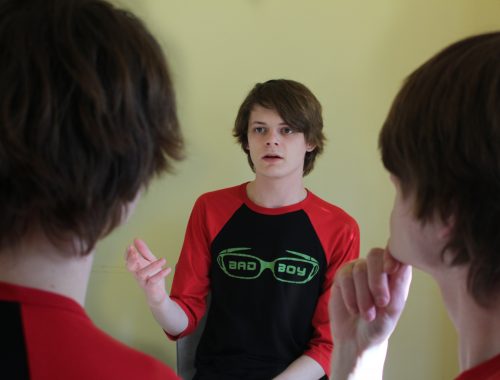
Shocker, Tom also sucks at interviews!
18 February 2022